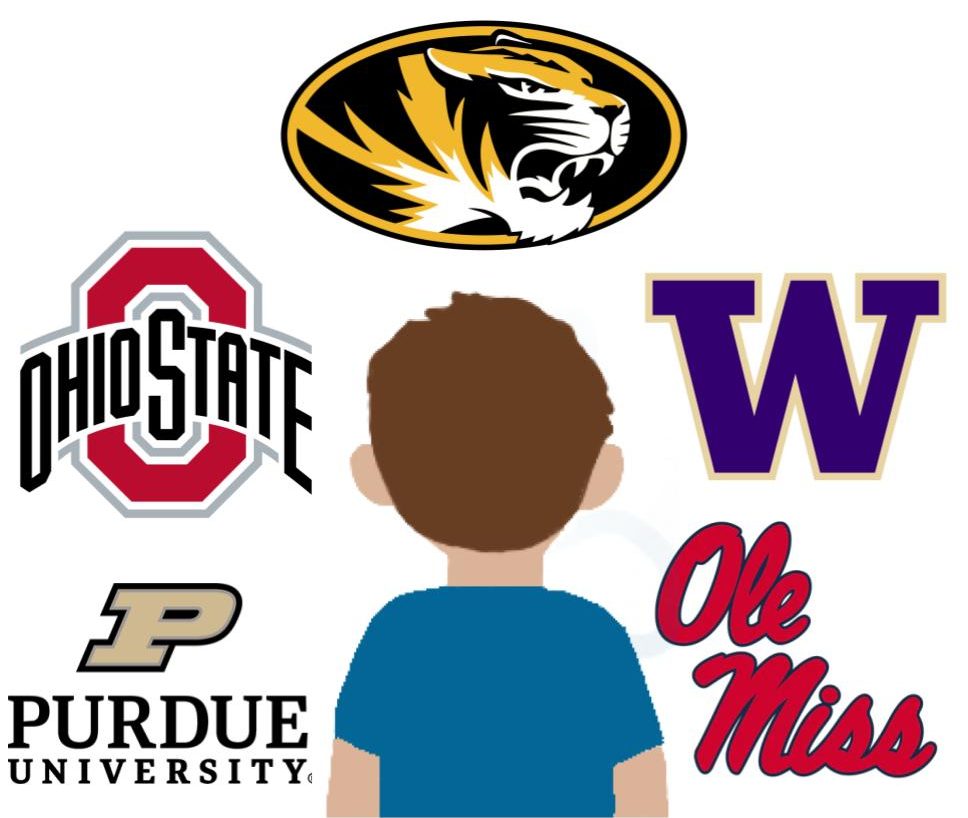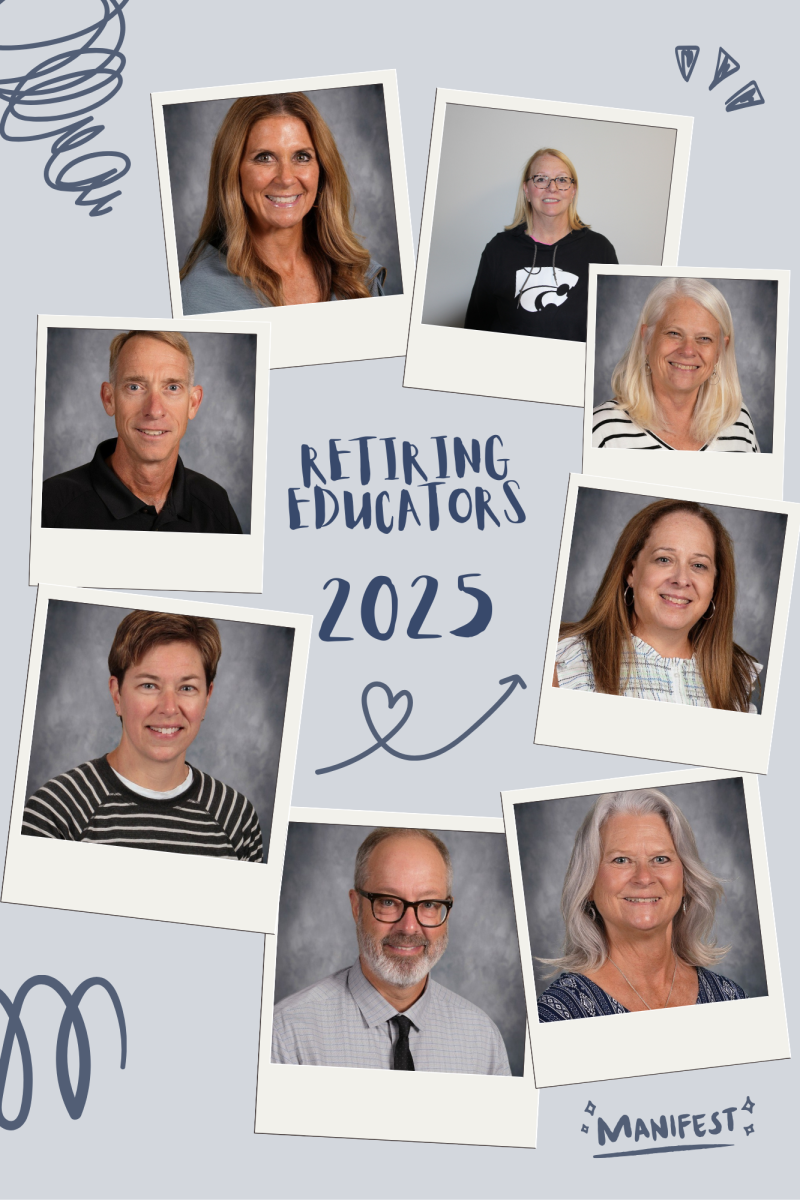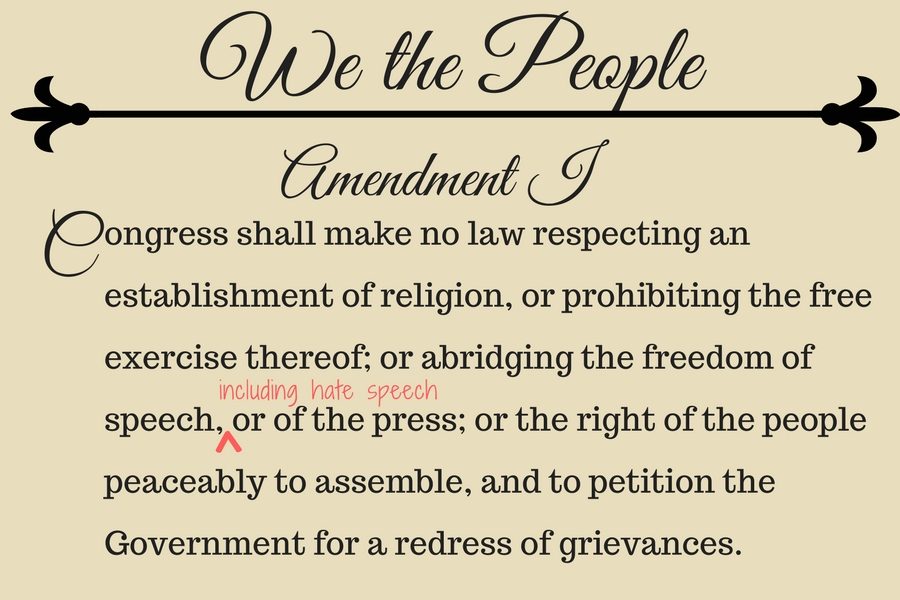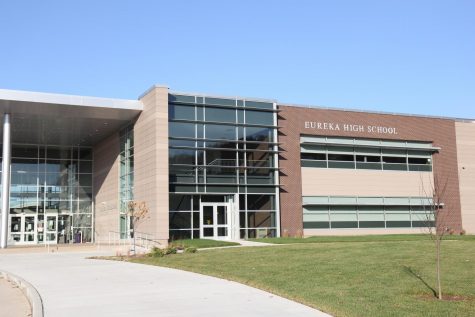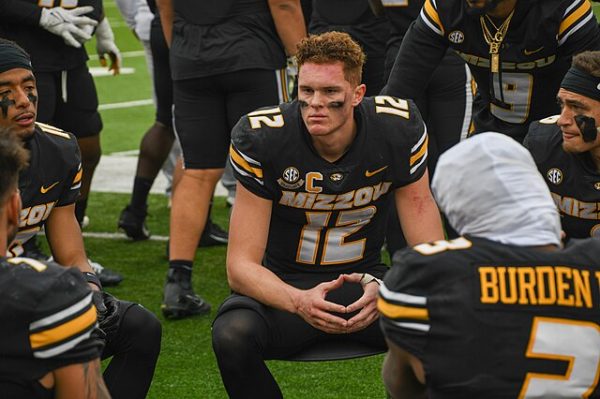Opinions | Why hate speech is protected speech
The First Amendment actually protects hate speech
Artwork by Ethan Fine and Lily Dean
Hate speech is protected by the First Amendment.
“Congress shall make no law respecting an establishment of religion, or prohibiting the free exercise thereof; or abridging the freedom of speech, or of the press; or the right of the people peaceably to assemble, and to petition the government for a redress of grievances.”
The Freedom of Speech is one of the five freedoms established by the First Amendment and the cornerstone of a democracy.
The current climate is certainly challenging the integrity and relevance of the Constitution in 2017.
Charlottesville, Virginia, Aug. 10-12: A right-winged rally turned into a riot that lasted days when white supremacists and those protesting them collided. Months later Americans still feel the impact that will surely continue.
Hundreds of white supremacists, all shouting in unison, “You will not replace us,” throwing around racial slurs.
All of this speech is protected by the First Amendment… up until the hate speech provokes violence, which then makes the speech unprotected. Hate speech is not to be confused with fighting words, although the line between the two appears to be blurred. Although they are strikingly similar, fighting words are not protected speech.
Fighting words are any remarks that are specifically directed towards an individual and are meant to provoke a harmful or violent reaction. The courts drew a line between hate speech and fighting words following the Chaplinsky v. New Hampshire case, 1941.
Hate speech is legal. It is protected speech; United States citizens reserve the right to “speech that offends, threatens, or insults groups, because of their race, religion, origin, sexual orientation, disability or other differences.”
Why in the world would speech that demeans people, strikes fear in their hearts or attacks people be protected?
If hate speech was not protected, society’s problems would probably be even bigger. Protesters could not protest. The lines of free speech and hate speech would become even more blurred than they are now. Who is to decide what is hate speech and what is protected?
Hate speech being protected allows us to expose the truth. We need to talk about these big issues. Tales of control over speech fill libraries: Margaret Atwood’s “The Handmaid’s Tale”, Ray Bradbury’s “Fahrenheit 451”, George Orwell’s “1984” to name a few. Each one of these books shows the importance of protected speech and the problems that arise with censorship.
Controlling speech just drives this hate underground and behind closed doors where the hatred grows and festers.
Exposing one’s beliefs means people know what each other are thinking. And–more importantly–people can talk about what they are thinking and learn from each other.
Hate cannot be called out and condemned if the hate isn’t expressed. Just because something is legal doesn’t make it right.
Teachers and students explored “Speaking up at School” last month to combat hate.
While the Constitution may feel outdated 240 years after it was written, but yet again those old, white males who were the Founding Fathers prove themselves brilliant.
America has suffered with each step forward. After a bloody and painful Civil War, slavery became history in 1865. The country opened its borders to unprecedented numbers of immigrants in 1868. Everyone won the right to vote, despite race, religion or other differences, even if it was hard for the majority to give minorities voice. Women were finally recognized for their vital role in society and received voting rights. This nation is back to back World War champions, fighting for not only the United States but for those different individuals in other countries who could not. Racism was fought and, although it may never be truly overcome, it was diminished. This is a country where females can run for president. The people voted the first black President of the United States into the White House. Couples of the same sex can marry nationwide.
These advancements come at a high price, but society only benefits when its citizens unite. These immense challenges are the hard work that is democracy.
If Americans never chose to embrace others differences, the country would still be run by old, white, Christian men with women who hardly leave the house. Simply put, no one would be the people they are today if they didn’t embraces their neighbors’ differences.
Although it is completely legally acceptable to insult someone based on their differences, it certainly isn’t right. Rather than bring others down because we can, let’s build others up because we should. Look at everything we have accomplished, gained and learned because we are different.
A staff of 22. We are black, white and Latino. We are Christian, Jewish, agnostic and atheist. We are sophomores, juniors and seniors. We are the EHS-hub staff.
Your donation will support the student journalists of Eureka High School - MO. Your contribution will allow us to purchase equipment and cover our annual website hosting costs.

This is Ethan's seventh semester on the News Production staff. In his free time, he enjoys taking photos, going to concerts and hanging out with his friends....




